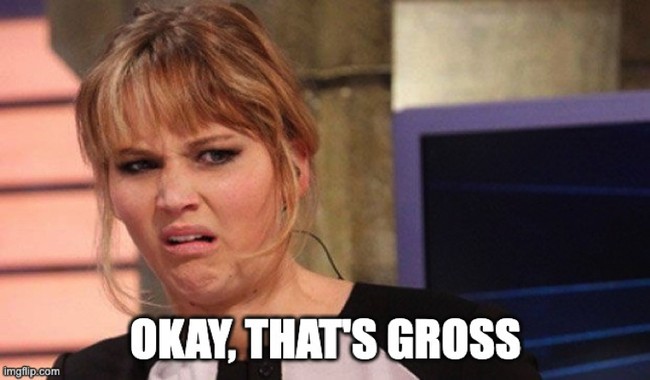
The French government has initiated formal proceedings to suspend access to the online platform of fast-fashion retailer Shein, following the discovery of sex dolls featuring childlike characteristics listed on its website. This action highlights ongoing concerns regarding e-commerce platforms and their content moderation practices.
Roland Lescure, France’s Minister of Economy, confirmed that the suspension will remain in effect until Shein can prove that all its content adheres to French laws and regulations. According to France’s laws, particularly Article 227-23, distributing or selling child sexual abuse material (CSAM), referred to as “pédopornographique,” carries severe penalties, including imprisonment for up to seven years and fines reaching €100,000.
The controversy surrounding Shein erupted as the company opened its first permanent store in Bazar de l’Hôtel de Ville (BHV), Paris, attracting both enthusiastic shoppers and vocal protesters. The Directorate General for Competition, Consumer Affairs and Fraud Control (DGCCRF) discovered product listings on Shein’s global platform that appeared to depict sex dolls resembling minors, prompting an investigation by Paris prosecutors.
In response to the criticism, Quentin Ruffat, Shein’s head of public affairs in France, stated that the company is committed to cooperating fully with authorities. He emphasized the company’s intention to ensure accountability and compliance with legal standards, noting that Shein has implemented a global ban on the sale of sex dolls across its platforms. Ruffat expressed to RMC radio, “This suspension enables us to strengthen accountability and ensure every product meets our standards and legal obligations.”
Prior to the opening of its physical location in Paris, Shein faced backlash from environmental groups, Paris City Hall, and the prêt-à-porter industry for its fast-fashion business model. The United Nations has identified the fashion industry as “one of the world’s most polluting sectors,” responsible for as much as eight percent of global greenhouse gas emissions.
Reports have indicated that workers in Shein’s supply chain often endure excessive working hours, with some clocking in 75 hours a week and being compensated per item produced. This pay structure compels workers to labor longer hours to secure a livable wage, raising concerns about adherence to fundamental labor principles as outlined by the International Labour Organization.
As the situation unfolds, the implications of Shein’s practices on child protection and labor rights continue to draw significant attention from both the public and government officials. The outcome of the investigation and the company’s compliance with French laws will likely set a precedent for how e-commerce platforms handle sensitive content in the future.






